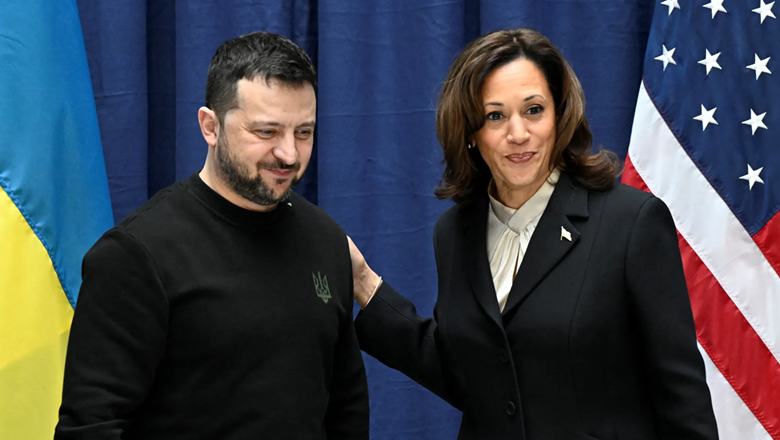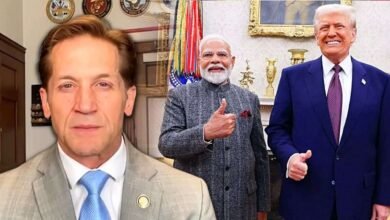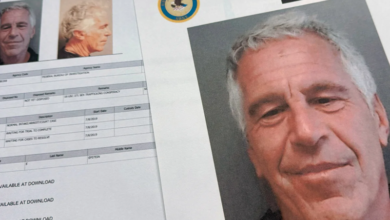Kamala Harris’s Potential Shift in US Policy on Israel and Gaza: What to Expect

News Mania Desk/Agnibeena Ghosh/25th July 2024
Following Joe Biden’s withdrawal from the presidential race and his endorsement of Kamala Harris, a key question has emerged about the Vice President’s stance on the ongoing conflict between Israel and Gaza. Biden’s steadfast support for Israel’s actions in Gaza has created a divide between moderates and progressives within his party. With Harris poised to potentially steer the U.S. policy differently, many are curious about how her approach might differ from Biden’s.
Harris, notably absent during Israeli Prime Minister Benjamin Netanyahu’s recent address to Congress, was attending an event in Indianapolis. However, she is scheduled to meet Netanyahu privately on July 24. According to the Wall Street Journal, Harris is expected to advocate for a resolution that ensures Israel’s security, the release of all hostages, an end to the suffering of Palestinian civilians in Gaza, and the realization of Palestinian dignity, freedom, and self-determination.
This private meeting marks a subtle departure from Biden’s more public and unreserved support for Israel. Biden’s previous interactions with Netanyahu, including a high-profile embrace on the Tel Aviv tarmac in November, symbolized his unwavering support. This close relationship saw Biden extend significant financial and military aid to Israel, reinforcing the strong U.S.-Israel alliance.
Should Harris seek to adjust the U.S. stance, it could influence the bilateral relationship with Israel and potentially have political ramifications domestically. While Harris has not fully articulated her policy on Gaza, her connections to American Jewish organizations and Israeli interest groups suggest she might navigate a balanced path. Her husband, Doug Emhoff, is Jewish, and Harris has been active in supporting the Biden administration’s initiatives against antisemitism, particularly in light of the Hamas attacks on Israel.
Harris has also garnered support from key Jewish interest groups, such as Democratic Majority for Israel, J Street, and the Jewish Democratic Council of America. Her ties with the American Israel Public Affairs Committee (AIPAC) are well-established, highlighted by her speech at the organization’s conference in 2017, where she underscored the unbreakable bond between the U.S. and Israel.
Throughout the conflict, Harris has consistently supported Israel’s right to self-defense against Hamas, emphasizing the need to eliminate the threat Hamas poses. Nevertheless, she has also shown concern for the humanitarian crisis in Gaza. In March, Harris was the first member of the Biden administration to call for an immediate ceasefire, describing the conditions in Gaza as a “humanitarian catastrophe” and urging increased aid to the region.
Harris has expressed empathy for students protesting on U.S. college campuses, who have called for their institutions to sever ties with Israel. While she has acknowledged the emotional response behind these protests, she has also critiqued some of their points. Her nuanced position reflects a broader understanding of the complexities involved in the conflict.
Should Harris become president, she might bring changes to the U.S. strategy in Gaza, potentially reshaping the team responsible for the current approach, including key figures like national security adviser Jake Sullivan, Secretary of State Antony Blinken, and Defense Secretary Lloyd Austin. This shift could indicate a recalibration of U.S. foreign policy in the region, aligning it more closely with Harris’s broader views on human rights and international diplomacy.






